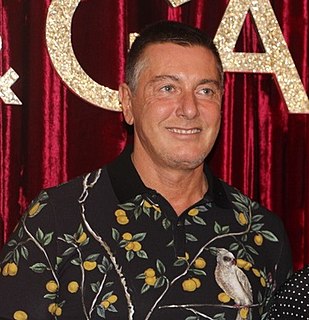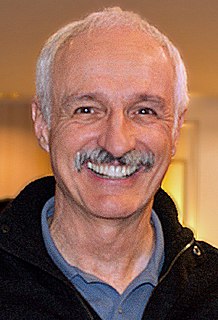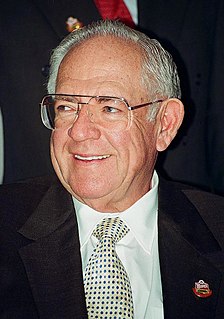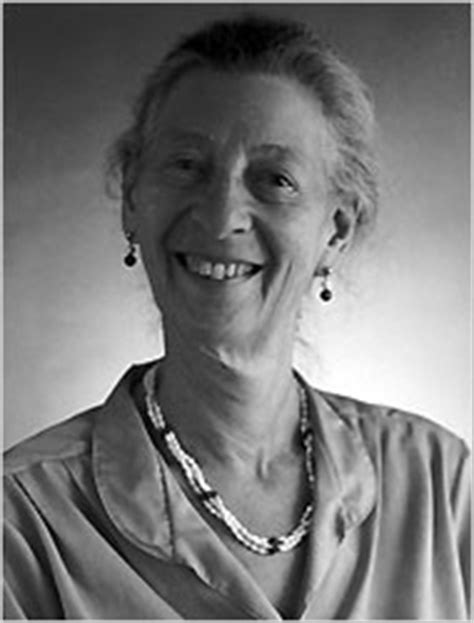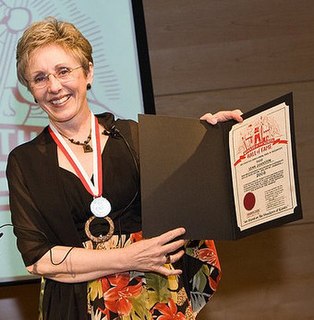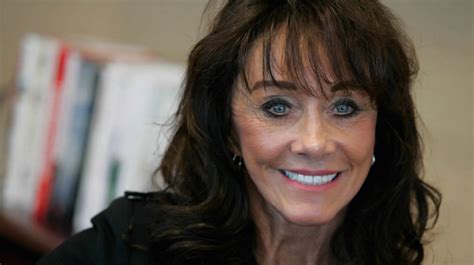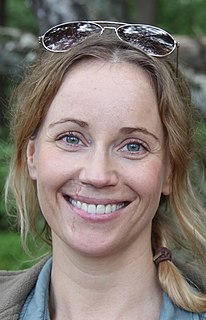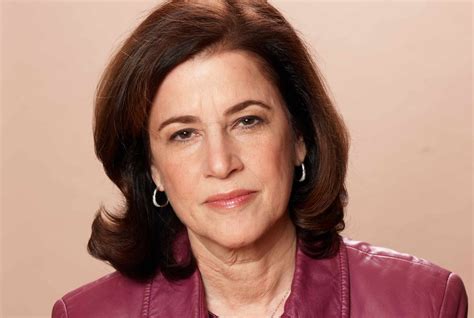A Quote by Rumaan Alam
When my husband and I first became parents, we joked that our chubby baby was destined to grow into an Alex P. Keaton Reaganite - the most unlikely, and therefore hilarious, course for the child of an interracial gay couple in gentrifying Brooklyn.
Related Quotes
[Clover] secretly hitched a ride with a nice German couple and their new baby...Clover appeared to the baby, so as to be a delightful, soothing surprise. Well, the child did like Clover. In fact, she held him and cooed. When the parents turned around to look at her and saw their child holding a furry, living creature, they needlessly panicked.
At first, 'Family Ties' seemed to just be a wonderful project of its time. These were the Reagan years, the new conservatism. Alex P. Keaton quickly became the Fonzie of the '80s, so it seemed very much a product of its time. But I soon began to realize that it went far beyond that. These great family shows transcend whatever time they are in.
You can read the best experts on child care. You can listen to those who have been there. You can take a whole childbirth and child-care course without missing a lesson. But you won't really know a thing about yourselves and each other as parents, or your baby as a child, until you have her in your arms. That's the moment when the lifelong process of bringing up a child into the fold of the family begins.
Here's the thing: the unit of reverence in Europe is the family, which is why a child born today of unmarried parents in Sweden has a better chance of growing up in a house with both of his parents than a child born to a married couple in America. Here we revere the couple, there they revere the family.







